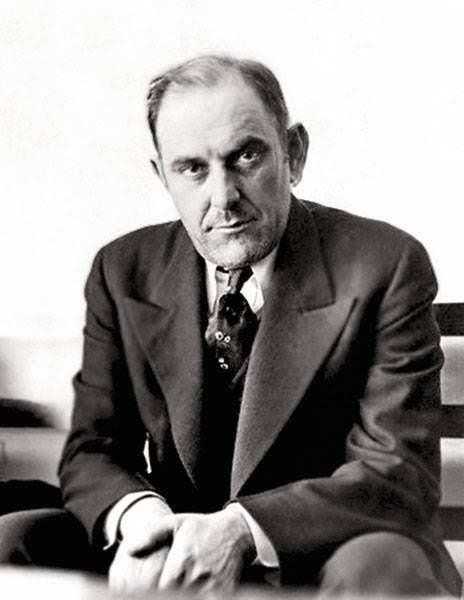Deal of Eiffel Tower

Question:
Is this correct that the Eiffel Tower was once sold illegally?
Answer:
Yes, this is indeed correct and actually it was sold like that twice. In 1925 a clever con man calling himself Count Victor Lustig, supposedly a high official in the French Government ministry responsible for public buildings, explained to the five Parisian businessmen in his office that the Eiffel Tower was to be scrapped. The costs of its maintenance were enormous, and its preservation was no longer considered viable. The tower would amount to at least 7,000 tons of high grade iron and the five men - scrap metal merchants - were invited to submit sealed bids for the sale.
The bids arrived promptly, and the following day Andre Poisson, a self-made man of substance, was informed that his offer had been successful. Within a week, Poisson had raised the money, and the final meeting was arranged. But why, he asked, were such important negotiations being carried out at a hotel and not at the ministry ?
The Count ordered his American Secretary, Dan Collins, from the room and explained “The life of a government official is not easy. We must entertain, dress in fashion - yet all on pitifully small salaries. In letting a government contract, it is customary to receive….” Poisson understood at once; obviously such a suggestion, however delicately put, could not be made within the ministry’s walls. He willingly handed over his certified cheque, together with a wallet bulging with banknotes, and left, triumphantly clutching the deed of sale.
Within an hour, the cheque was cashed - Lustig never revealed how much he had made - and he and Collins were sitting grinning at each other in a first class compartment in the express train to Vienna.
Lustig, born in Bohemia, actually the son of a respected town mayor, and Collins, a small-time American crook, stayed in one of Vienna’s best hotels for a month, studying the Paris newspapers. But the papers carried no reports of the swindle.
The buyer, too embarrassed to report what had happened, had left the field clear for Lustig and Collins to sell the Eiffel Tower again. They did, but this time their victim went to the police. Although Lustig and Collins were never caught, the publicity almost certainly prevented a third sale.

 My First News Item
My First News Item My Nine News Item
My Nine News Item